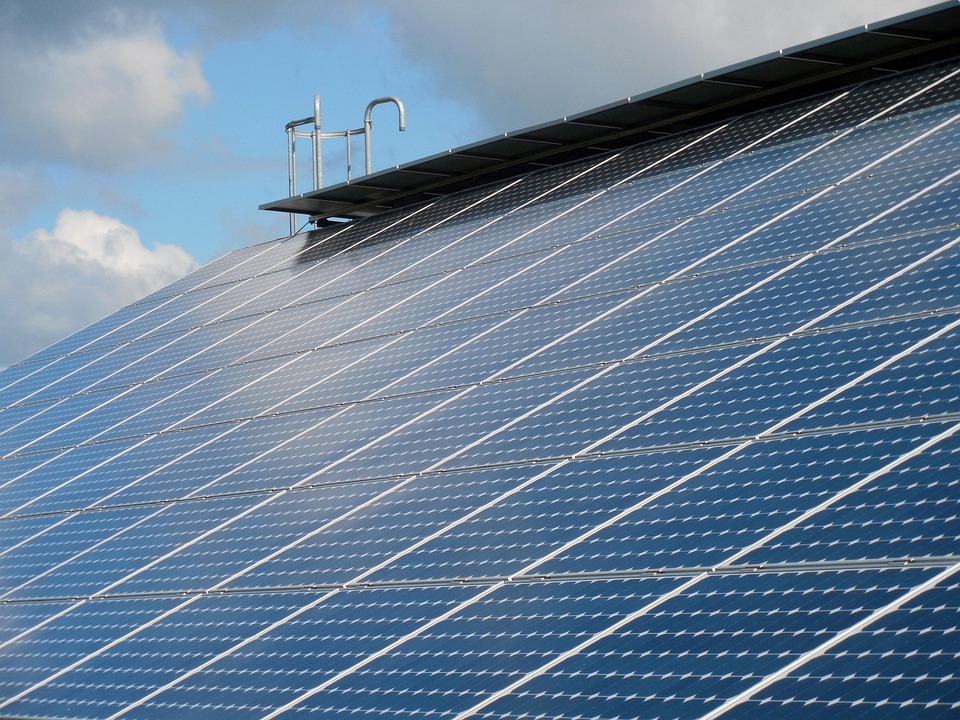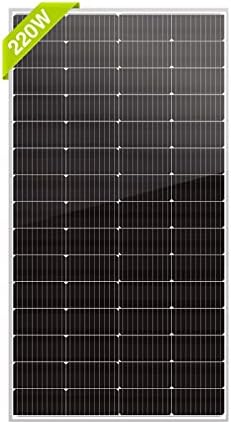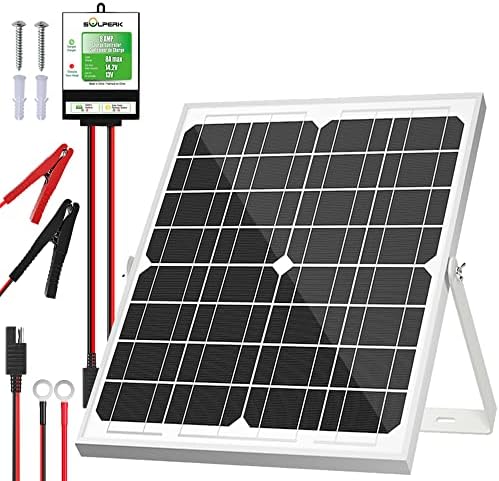# The Impact of Dirty Solar Panels on Energy Production
There’s something painfully disappointing about exploring the great outdoors only to return home and find your solar panels coated in dust and grime. I remember a particularly sunny summer day when I climbed up to check my solar array, only to get smacked in the face with a reality that made my heart sink: the panels were filthy. My brain went into overdrive, calculating how much energy I was losing because of that layer of dirt. It was the perfect reminder that while nature offers us beautiful vistas and self-sustaining energy, it also brings a fair share of muck. Dirty solar panels, it turns out, are one of the sneaky little culprits that can drastically diminish energy production. Let’s dive into the impact these grimy panels can have on your solar efficiency, and how you can keep them shining bright!
## Understanding Solar Panel Efficiency
To grasp the impact of dirty solar panels, it’s essential to understand how solar panels produce energy in the first place. Solar panels are made up of photovoltaic (PV) cells that convert sunlight into electricity. The efficiency of this conversion process depends on several factors, including the quality of the panels, the angle of sunlight, and, yes, the cleanliness of the surface.
Studies have shown that even a thin layer of dust can reduce energy output by up to 20%, while heavier accumulations can knock that number down by 50% or more. If you install a solar system with the aim of minimizing your energy bills, you might find yourself going in the opposite direction if you neglect panel maintenance.
### Why Solar Panels Get Dirty
Living off the grid, you become acutely aware of the ever-present dust, pollen, and even bird droppings that can accumulate on your panels. Factors contributing to solar panel dirtiness include:
– **Environmental Conditions**: Dust storms and high winds can cover your panels in dirt rapidly. In agricultural areas, pollen and harvesting dust can contribute to the grime.
– **Location**: Panels situated near trees may experience sap residue, leaves, and other organic debris, particularly during autumn and spring.
– **Rainwater**: While rain can help clean your panels to some extent, it can also carry pollutants from the air, leading to streaks or spots that hinder performance.
### The Science of Dirt’s Impact
When your solar panels are coated in dust, they can’t absorb as much sunlight. This is primarily due to the phenomenon known as “light attenuation,” where the particles scattered on the surface block and reflect incoming light rather than allowing it to penetrate and energize the photovoltaic cells.
Imagine trying to use your smartphone outdoors on a sunny day while looking through a dirty, smudged screen. You’d struggle to read the display, just as your solar panels can struggle to harness the sun’s energy when they’re grimy. This is where calculating the actual energy output becomes crucial.
### The Hidden Cost
The cost of dirty solar panels doesn’t just manifest in lost energy. It can expand into:
– **Increased Maintenance Costs**: More frequent cleanings or even replacements will become necessary when panels are neglected.
– **Reduced Longevity**: Dirt can cause hotspots, overheating, and even physical damage to panels over time, leading to a shortened lifespan.
– **Lower Property Value**: A less efficient solar system can adversely affect the resale value of your property.
### Pro Tips for Keeping Solar Panels Clean
Now that we’ve established the importance of clean solar panels, let’s dive into some practical tips to keep your energy production at its peak:
**1. Regular Visual Inspections**: Make it a habit to check your panels frequently. Note the dirt accumulation and approach cleaning based on visibility.
**2. Use a Soft Brush or Hose**: Avoid harsh chemicals when cleaning. Instead, utilize a soft cloth or a garden hose to wash away dust and debris. If you notice stubborn stains, consider using a mixture of water and vinegar—biodegradable and effective!
**3. Schedule Professional Cleaning**: If you’re in a particularly dusty area or can’t access your panels easily, hiring a professional service may be well worth the investment.
**4. Utilize Technology**: Invest in solar panel monitoring systems that can alert you to performance drops. These systems can serve as a reminder to check for cleanliness.
**5. Consider Panel Design**: If you’re in an area with high levels of pollution or dust, consider choosing panels designed with self-cleaning surfaces. They often feature specialized coatings that repel dirt.
### The Upside of Clean Panels
On a sunny afternoon with a freshly cleaned array, it’s a delightful experience to turn on the inverter and watch energy flow into your home like a river of sunlight. Unobstructed panels boost not just your energy output but also your morale. The pride of knowing you can harness the sun’s energy efficiently adds extra joy to the experience of living sustainably.
#### The Environmental Impact
Cleaning your solar panels doesn’t only assure energy efficiency but also contributes to a larger picture—reducing your carbon footprint. Clean panels operate efficiently, maximizing gains from renewable resources and minimizing reliance on traditional energy sources.
### The Strategy of Awareness
So, what can be more rewarding than being proactive about your solar panels? Creating awareness not only helps you but can inspire your neighbors and community. Educate friends about the importance of cleaning their systems—perhaps even organizing a community clean-up day could motivate others to maintain their solar energy systems too!
### Summary: A Cleaner Future Awaits
Understanding the impact of dirty solar panels can transform your solar energy experience from a streak of disappointment to a path of efficiency and satisfaction. By prioritizing maintenance, considering technological aid, and engaging your community in awareness, you’ll cultivate not just energy savings, but also a lifestyle that reverberates with sustainability.
Investing a bit of time in keeping those panels clean can lead to fresh, booming energy production—and a happier you! After all, nothing quite matches the bliss of knowing you’ve tapped into the sun’s endless potential, free from the pesky barrier of dirt.
So, next time you find yourself gazing up at your solar panels, remember: a little bit of dirt can have a big impact. Keep it clean, keep it green!



